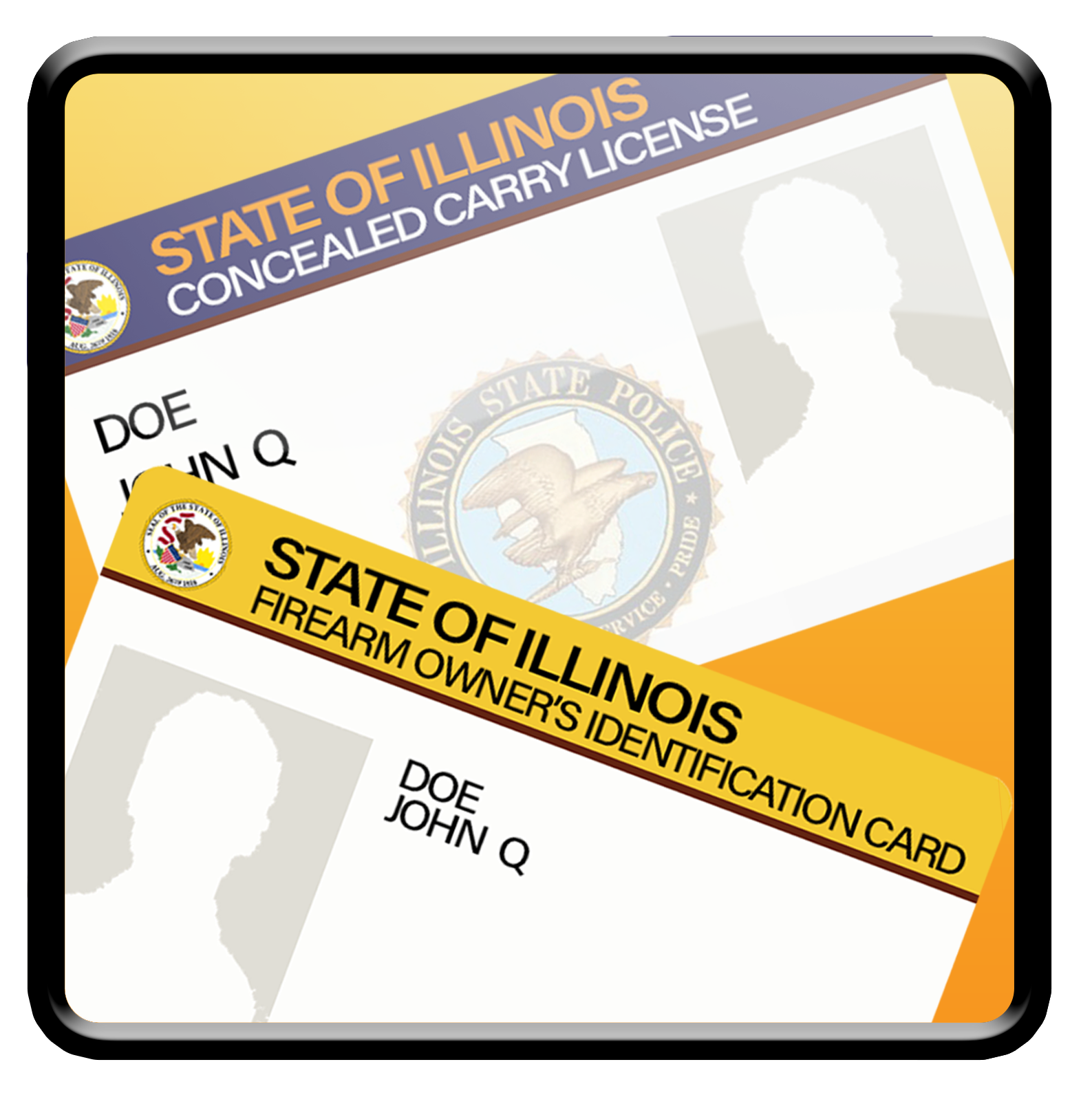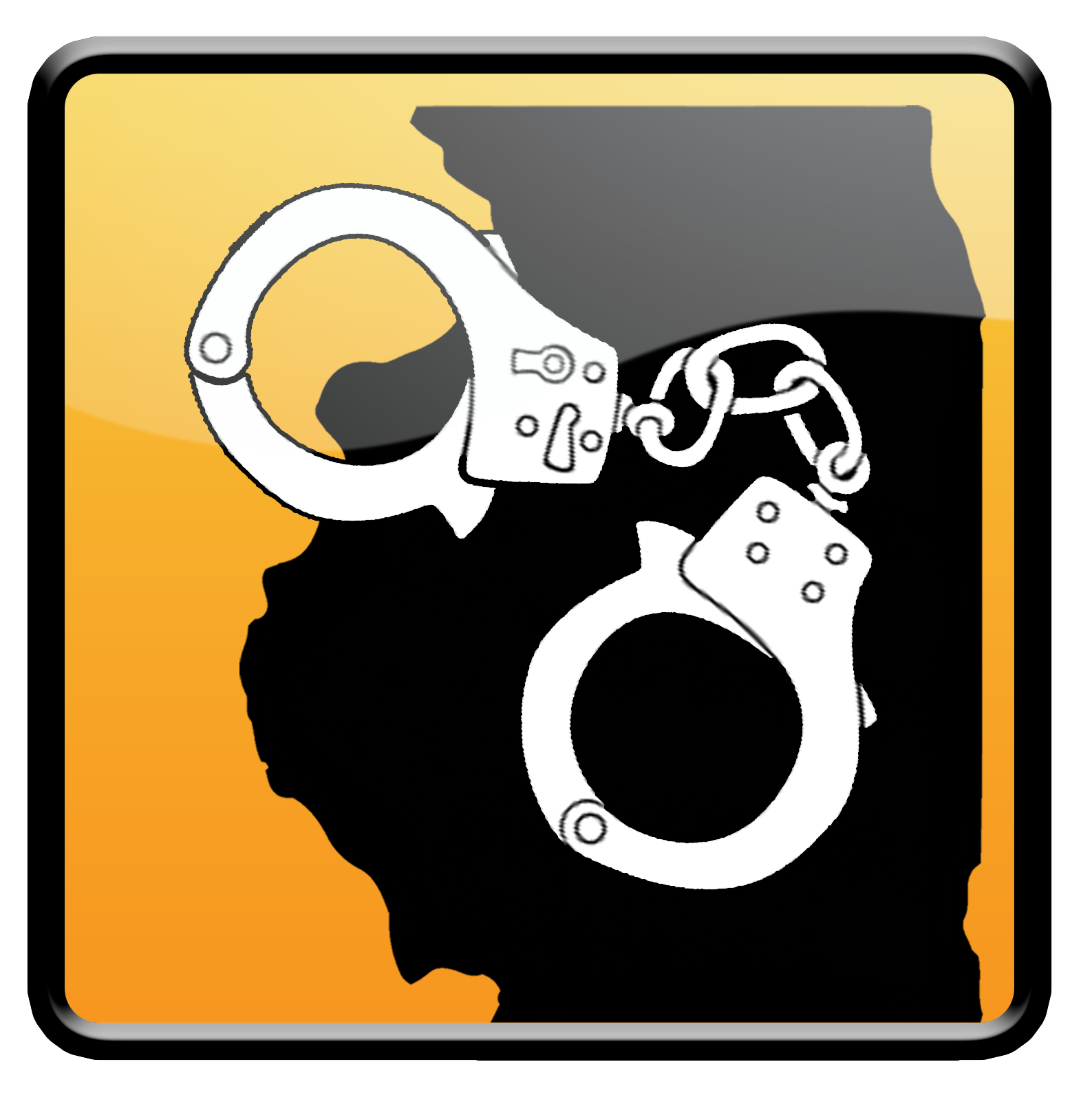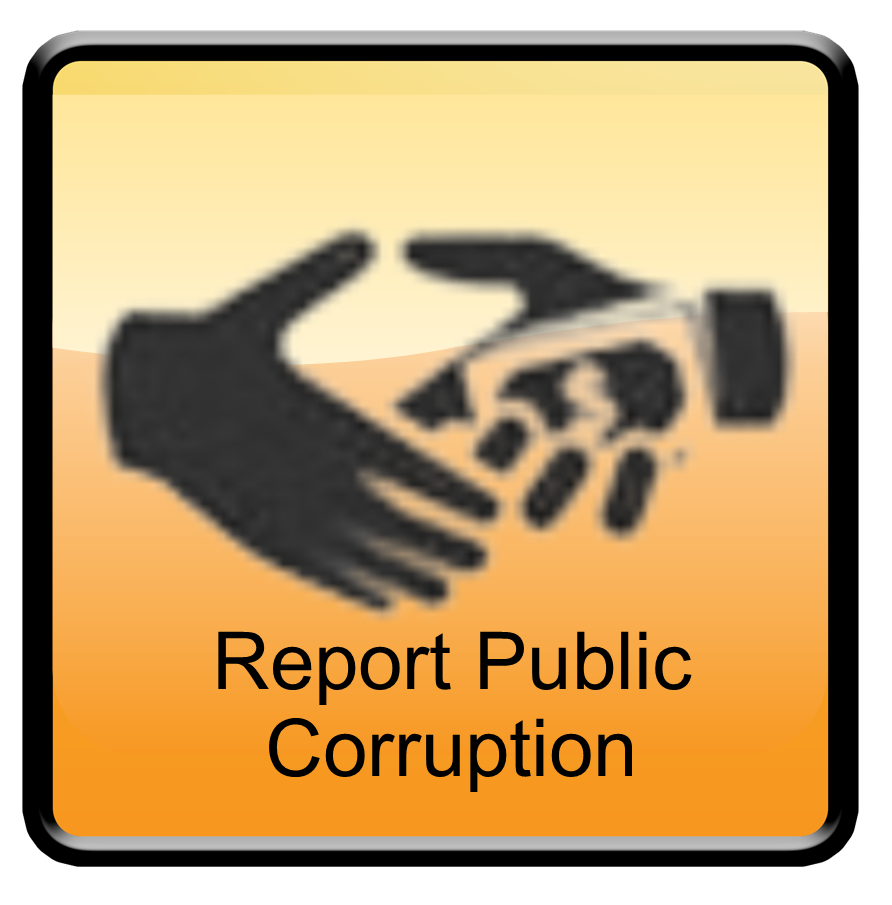ILLINOIS STATE POLICE TO IMPLEMENT ONLINE DNA KIT TRACKING SYSTEM
ILLINOIS STATE POLICE TO IMPLEMENT ONLINE DNA KIT TRACKING SYSTEM
SPRINGFIELD, IL. – Illinois State Police (ISP) Acting Director Brendan Kelly vows to work towards fulfilling the recommendations set forth by the Sexual Assault Tracking Submissions Commission. “Survivors of sexual assault or violent crime shouldn’t be left in the dark while their kit makes its way through a system that can seem cold and indifferent,” said Kelly. “They should know that hospitals, police, forensic scientists, and prosecutors care about their case and transparency is the best way to make sure that happens.”
The Illinois State Police Division of Forensic Services (DFS) has been directed to implement an online sexual assault tracking system by the end of the year. Kelly has directed the current laboratory IT vendor to begin development of the online system immediately using a special exemption under the state’s procurement code. Once implemented, the sexual assault tracking system will allow survivors of sexual assault to monitor their evidence online throughout the entire process, from collection at the hospital, through law enforcement pick-up and submission to the forensic lab, and lastly to the State’s Attorney’s office where final results are received. The tracking of sexual assault kits allow survivors to check on the status of their evidence without compromising their privacy. To ensure privacy, the system will use unique case numbers and passwords to limit access to survivors and law enforcement. However, the ISP can only do so much to afford the maximum amount of privacy for the victims. That is why a statutory exemption to 5 ILCS 140/7.5 that all information contained and tracked in any uniform statewide sexual assault evidence tracking system be exempt from Freedom of Information Act (FOIA) requests, and (b) referred to the FOIA exemption in any statute authorizing or governing the tracking system.
Transparency of this data will, no doubt, reveal additional opportunities for stakeholders to develop operational procedures or legislation that will eliminate barriers to fast turnaround time. “Delays in DNA testing are greater and more complex than simply speeding up the test itself, but by completely laying bare the process from start to finish, I know all stakeholders involved will see many steps that can be taken, both inside and outside the lab, which will reduce turn-around time,” concluded Kelly.
###
Contact Info:
- Contact: Media Relations (Media Inquiries Only)
- Phone: (217) 524-2500
- Tdd: (800) 255-3323
- E-mail:























